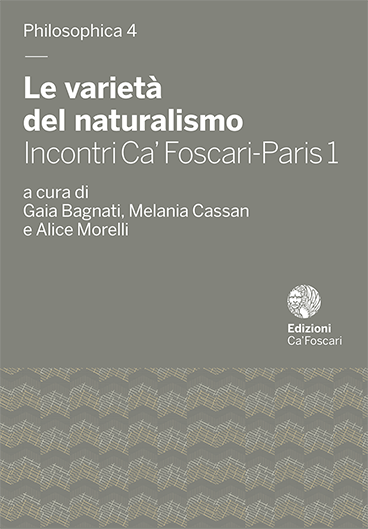- search 337 views
- file_download 16 download
- keyboard_capslock metadata
-
mark_email_readIscriviti alla newsletter
Descartes aux limites du naturalisme
« La force qu’a l’âme de mouvoir le corps »
abstract
In order to appreciate the distance between the Cartesian theory of man and a naturalistic programme, it is necessary to ask what exactly Descartes means by “the soul’s power to move the body”. A precise examination of the Cartesian texts, especially the Treatise on Man and The Passions of the Soul, will lead to the exclusion of any direct action of the soul on the body. All the action of the soul goes through the formation of certain images in the brain, which determine certain flows of animal spirits, and as for the passions, the effectiveness of this action is mainly a matter of habit. The spontaneity of thought does not preclude considering the ‘force of the soul’ as associated with the ‘disposition of the brain’. Conversely, nothing in the Cartesian texts allows us to eliminate this spontaneity where we experience it.
Keywords: Cartesianism • Soul and body unity • Will • Dualism
